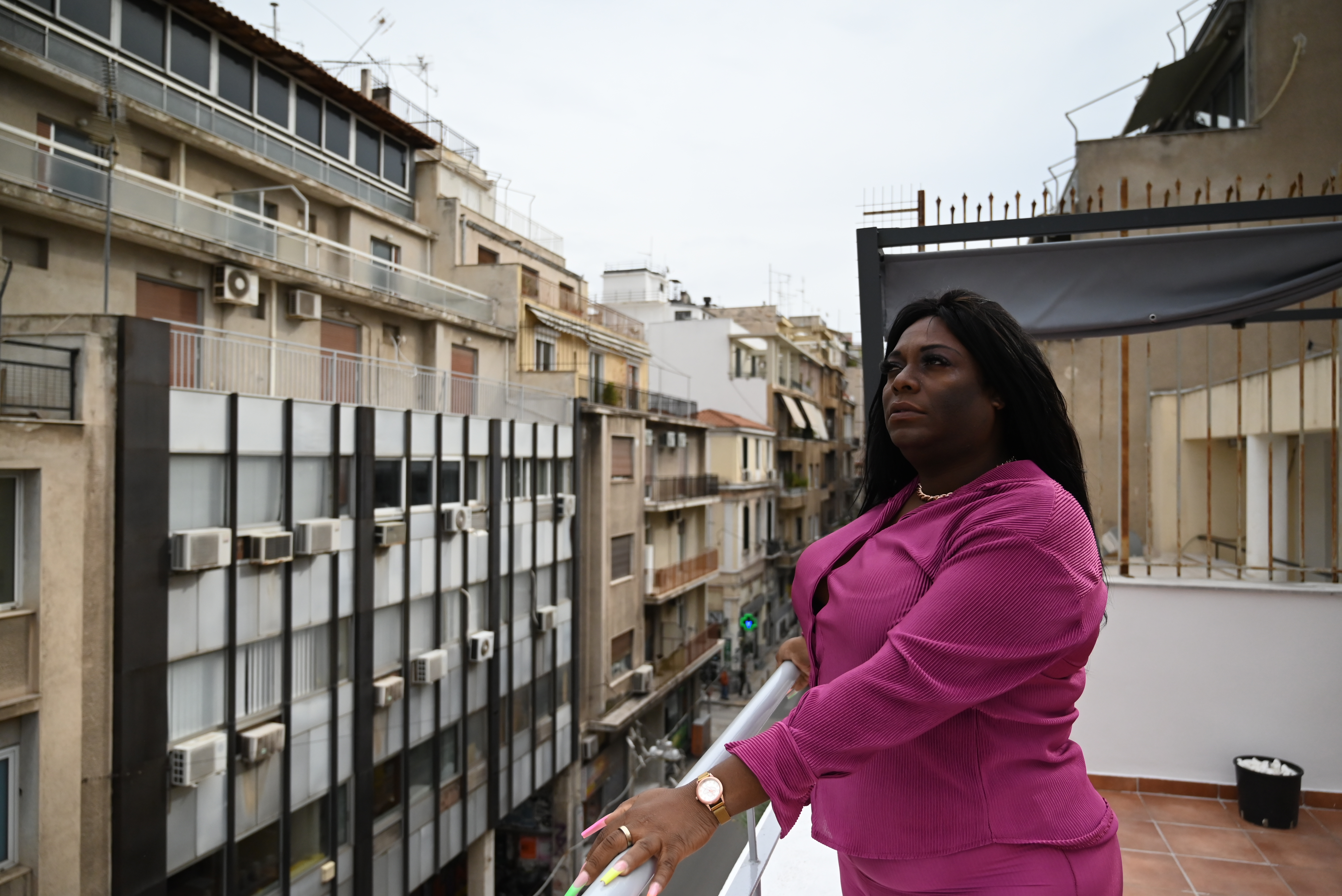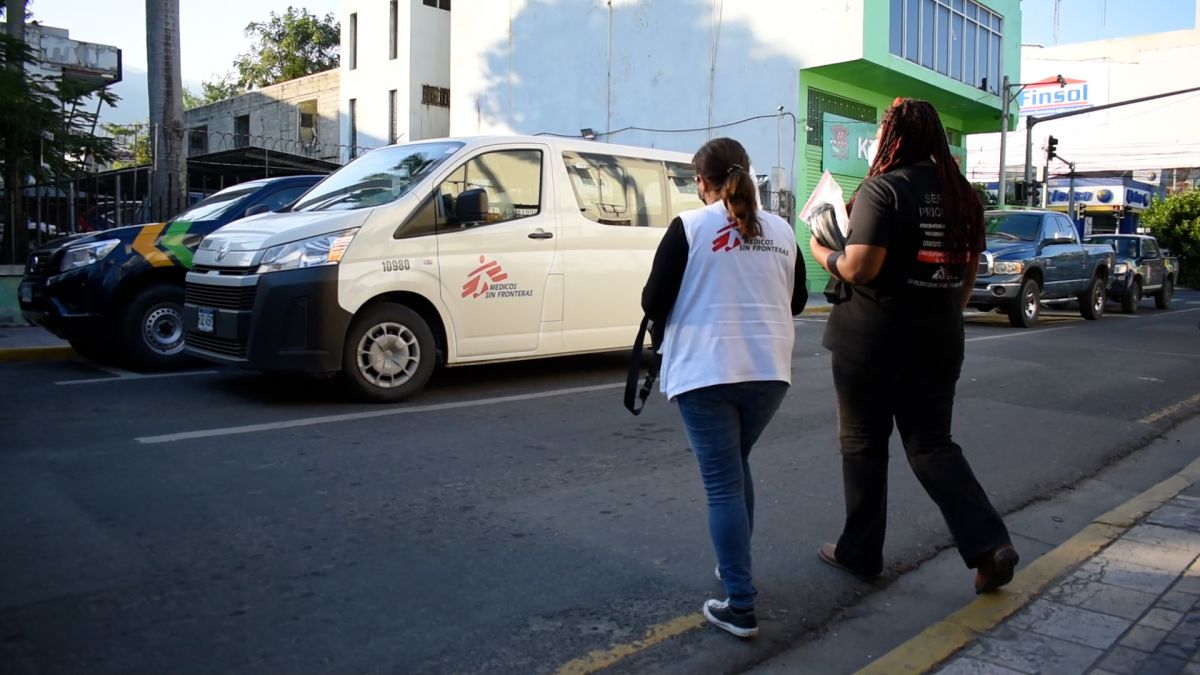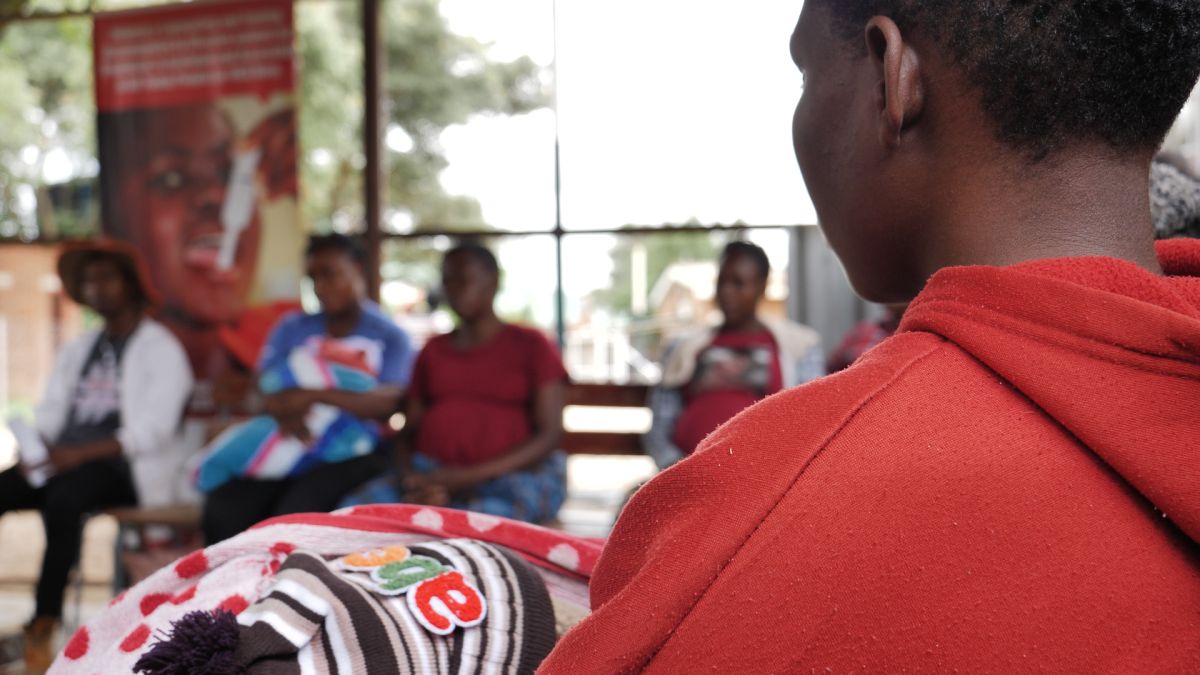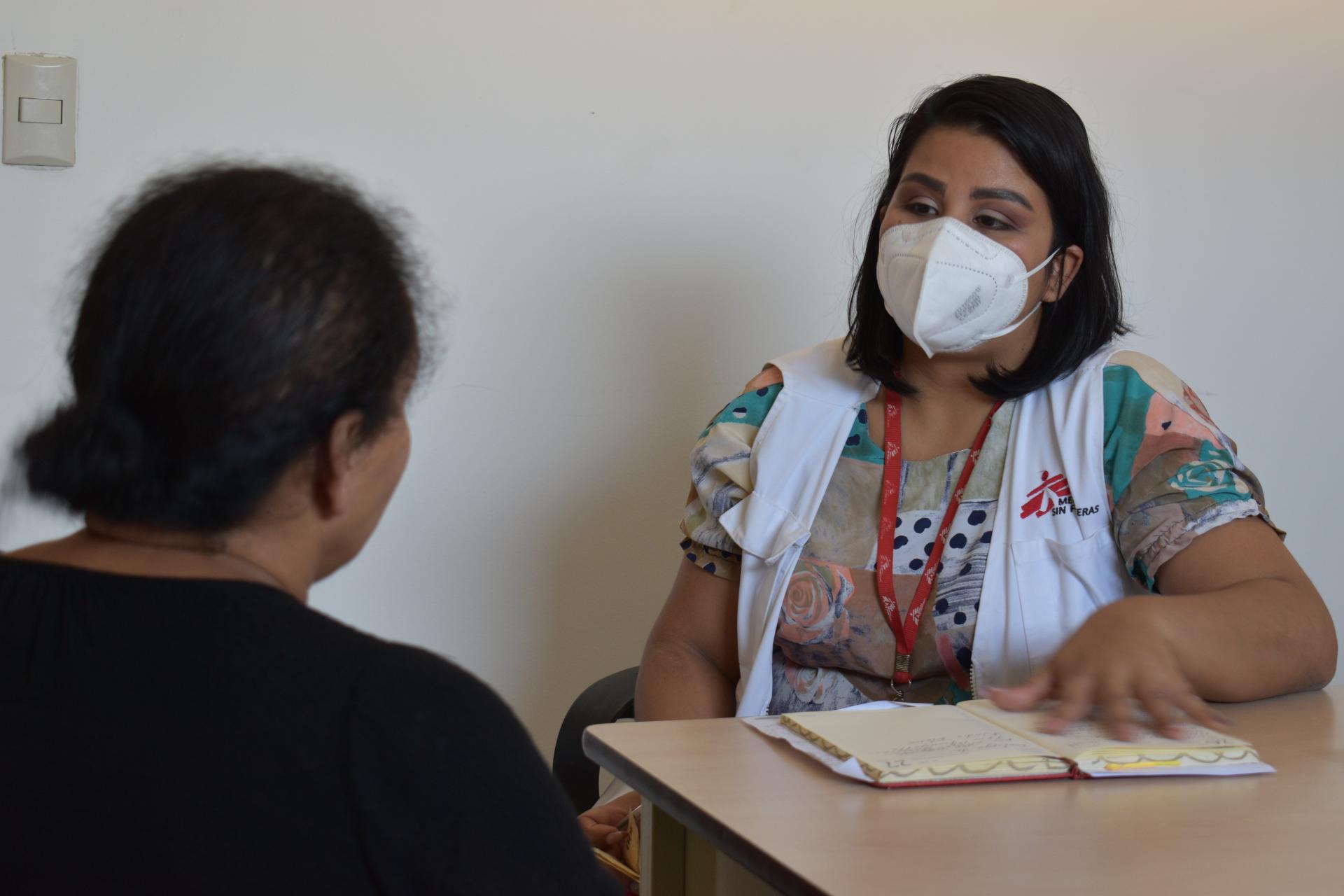Good sexual and reproductive health is important for quality of life for all people, yet there are myriad challenges to ensuring this for cis-gender and transgender women and girls around the world.
Contraception, protection from sexually transmitted infections, maternity care, safe abortion care, counselling and self-care tools are all important enablers for women to have an active and positive sexual life, free from physical or psychological suffering. But taboos and fears among communities at large, friends and families, even women themselves, cast a negative light instead, creating barriers to women’s wellbeing.
Unmarried women, adolescents and girls, sex workers, women among the LGBTQI+ community or those already living with a stigmatised condition can be especially excluded from information, care and support.
In recent years, Médecins Sans Frontières (Doctors Without Borders/MSF) has tackled this in increasingly diverse ways. Projects in Greece, Honduras and Zimbabwe have shown that strengthening women’s own agency and community support can work hand-in-hand to enable positive engagement with women’s sexual and reproductive health needs in a way that reverberates through the social fabric.
In each of these countries, women, girls, men, parents and neighbours have a compelling story to share as they participate in and drive this change.

Raising a voice for transgender women seeking asylum
Persecution has long driven people to seek asylum far from home, as is the case for a small community of transgender women who have, over time, fled Cuba for the safety of Greece. Although the women are safer now, they still struggle to access healthcare in their new locations.
“Most of the trans who came here do not have any medication. They experience sexually transmitted diseases—that is life. But it is very difficult to find the medical support,” says Yuli, an advocate for her community.
Since 2016, MSF has operated an outpatient Day Care Centre in Athens which currently offers a comprehensive package of multidisciplinary services for migrants, asylum-seekers and refugees, and marginalised groups of people in need of healthcare. All the activities are supported by a large team of cultural mediators, including translators, who also join the urban outreach team, extending services as far as they can to communities like Yuli’s.
Yuli has made it her mission to encourage and motivate her peers to prioritise their sexual health and protect themselves.

Standing up for sex workers’ sexual health
For sex workers in San Pedro Sula, access to medical and psychological care has been limited by social stigma and lack of inclusive services. Society’s judgement has been mirrored in the stance of healthcare staff who have been disdainful instead of welcoming to sex workers seeking information, protection from infection, or treatment.
Médecins Sans Frontières opened the San Pedro Sula Clinic in July 2021 to improve access to care for the sex worker and LGBTQI+ community. Nadia has been visiting the clinic for almost two years now. She says, “It has been a blessing to find MSF’s clinic. I can find everything: prevention and control of HIV, syphilis and sexually transmitted diseases, family planning… psychological help and social work.”
Outreach teams also visit the community to help overcome mistrust and misinformation. “Personally, I suffered too much during the time I didn't take care of myself,” says Nadia. ”I realised that everything has a price—that taking care of myself was priceless.”

Including teen mothers in healthcare and social support
For teenage girls in Zimbabwe falling pregnant is taboo, but they often have little or no say in decisions affecting their bodies and lives. They also have little or no access to appropriate information and services, and are dissuaded from seeking it.
In 2020, as COVID-19 lockdowns closed schools and limited work, incomes and movement, there was a surge in unplanned pregnancies in Zimbabwe—and in the community surrounding MSF’s adolescent sexual and reproductive health program in Mbare and Epworth. To respond to the specific needs of the pregnant girls, the MSF team formed the Teen Mums’ Club.
When Marvellous became pregnant just before starting a new year of school, her parents were shocked. She says, “I did not know what to do or who to turn to.” But discovering the club gave her the opportunity to meet other girls like her, learn about the risks associated with early pregnancy, and gain knowledge about issues such as contraception, safe sex and pregnancy. Inspired by her experience Marvellous is now a peer educator in the Club.
